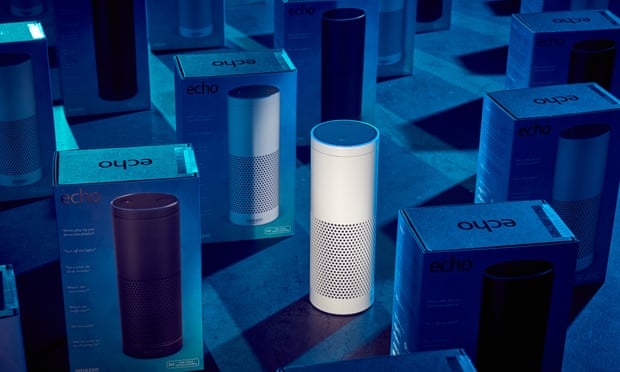Morgan Stanley, a technology analyst has predicted that Artificial intelligence and robots will replace people in the work-space due to their programmable abilities to control industry equipment and perform everyday tasks. A technology conglomerate, Elon Musk who is one of the industry leaders in green solutions such as the electric Tesla Cars said: "Only a matter of time before advanced AI is used to do this. Internet is particularly susceptible to a gradient descent algo."
Musk is definitely right about the use of such technologies as Facebook has replaced human journalists and media staff that pick their front page 'trending' articles have been replaced with smart algorithms that use user data to determine the value and popularity of where the news should be presented. The conclusive factor of the company's decision has led to the upraise of fake news and has led major news companies to blame the social media site for not determining what is true or not. (This has also been in the iconic 2016 presidential election.)
The idea of digital assistance is not something new. Apple was one of the first companies to bring the technology to mainstream consumers with the voice assistant Siri in October 14th, 2016 with the launch of the iPhone 4S which made the AI exclusive to the device at the time. Apple's ideologies of bringing a virtual assistant to the palm of your hand was considered innovative in the tech world.
However, it seems that this technology is taking a swift transition into the office and home space with companies like Amazon and Google rolling out devices that essentially do the same tasks that the traditional mobile providers already have but in the form of a tower that sits on your desk and is actively listening for it's name such as 'Alexa' or 'Ok Google'. Be that it may, the ways in the companies had to attract consumers is by signing exclusive deals with product and service providers which lock the listening features with the selected devices. An example of a deal that Amazon has secured is ChefSteps’ Joule sous vide device which lets consumers control the temperature and settings of a meat cooker via the Alexa.
One factor that comes up with devices such as this is privacy. Due to the 'always listening' feature, it could mean that the device is vulnerable to hackers (even with encryption enabled). This relates to the Internet of things which explains how everyday items have internet access implemented into them and could be used by the government or US institutions like the NSA to control how people are able to live their lives. What if one day a legislation presents the necessary factor of having internet access to work? Microsoft was one of the first to globalise the idea of internet connectivity being a factor for their next generation console, Xbox One in June 10, 2016 and caused an outrage in the tech community which forced the company to remove the requirement around 10 days after it's official launch. (Microsoft also made decisions such as forcing the Kinect to be bundled and plugged in to work that also contained the 'always listening' feature and of course was later removed and adjustable in the menu interface.)
To summarise, the technology could benefit office users in the long run since one central device can be controlled by a dozen or more employees in a manor that could speed up workflow. Users would be able to print or retrieve files or services fast with their voice and as an end result, speed up efficiency.


No comments:
Post a Comment